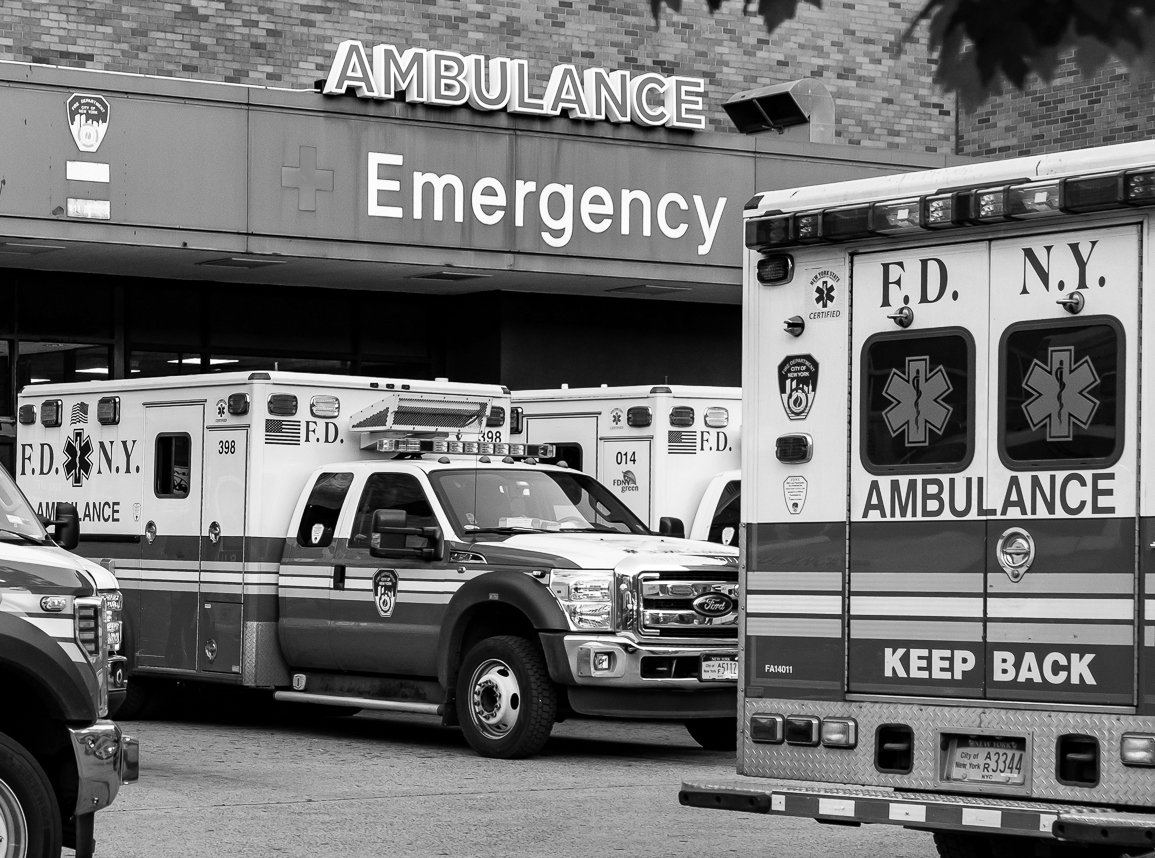
"Darrell was diagnosed with schizophrenia in his teens. He struggled through college but found a treatment plan that worked. He held a steady job with health insurance that kept him medicated and stable-until 2020, when the pandemic cost him his job, his insurance, and eventually, his grip on reality. Without meds, the voices came back. He stopped looking for work and knew he needed government-subsidized healthcare before things spiraled further."
"Darrell's story isn't unique. In my 15 years working with people experiencing homelessness in New York and New Jersey, I've met hundreds like him. Contrary to popular belief, most aren't refusing help-they're caught in systems that are underfunded, understaffed, and overwhelmed. We often call people "service resistant," but in reality, it's the services themselves that resist people. That's why the recent show of force in Washington, D.C., in response to President Donald Trump's order that "the homeless have to move out IMMEDIATELY," is so troubling."
A man named Darrell became homeless after losing his job and health insurance during the pandemic, which interrupted his medication and triggered relapse of schizophrenia. Long waits for psychiatric care—eight weeks after obtaining benefits—exacerbate crises. Many people experiencing homelessness encounter underfunded, understaffed, and overwhelmed services rather than refusal of help. Officials sometimes propose sweeps, coercive hospitalizations, jails, or distant encampments and frame force as compassion. Removing people from public view without addressing housing, healthcare access, and system capacity only pushes suffering out of sight and allows problems to resurface, often worse.
Read at City Limits
Unable to calculate read time
Collection
[
|
...
]